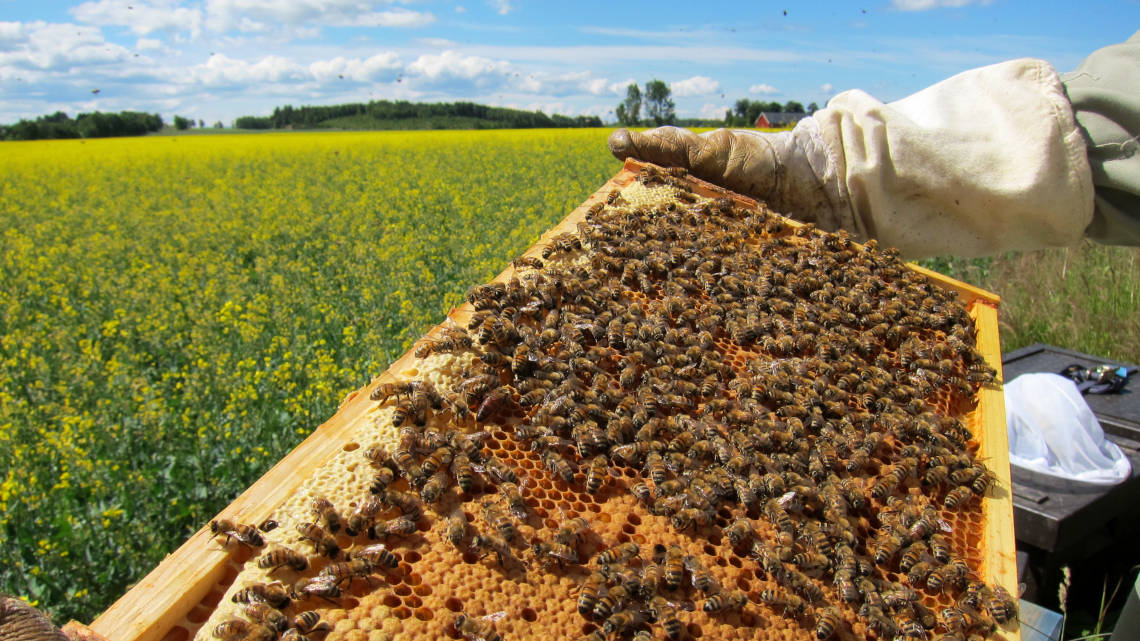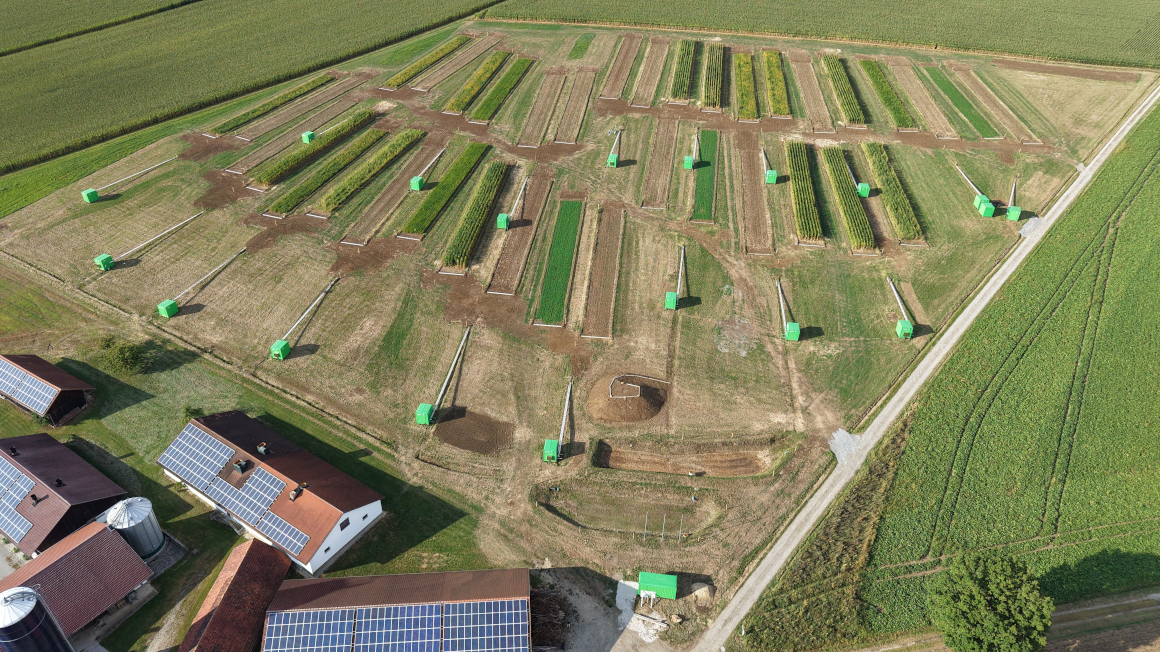Massive field study supports insecticide ban
The insecticide clothianidin, which is banned in the EU, damages bumble bees, a field study confirms. Honey bees, on the other hand, remain unaffected.

Studies have shown that insecticides from the neonicotinoid group are responsible for bee mortality. Three out of five such preparations are therefore banned in the European Union for use in the field - and rightly so, as an international study involving the University of Halle-Wittenberg (MLU) has now shown. However, the insecticide clothianidin does not impact honeybees as much as wild bees such as bumble bees.
Important information as early as 2015
As early as 2015, the team led by the University of Lund in Sweden reported negative effects of clothianidin on wild bees. "Most of the previous studies examining the negative effects of neonicotinoids on bees were conducted in the laboratory. The aim of this project was to clarify whether the lab results could be confirmed in the field," explains the first author of the study, Julia Osterman of MLU. The researchers had therefore settled 96 bee colonies on rape fields, some of them for two consecutive years. Parts of the fields had been treated with the insecticide. The researchers then examined the bee colonies for pathogens and analyzed the collected pollen.
Honey bee colonies much more robust
In a follow-up study, the team analyzed further details and extended its investigations to bumble bees. Contrary to expectations, there was no evidence to suggest that clothianidin makes honeybees more susceptible to diseases. The researchers even found fewer pathogens in the environment of honey bee colonies whose pollen showed exposure to the insecticide. The size of honey bee colonies remained unaffected.
Fatal impact on bumblebee offspring
Bumblebees, however, showed a completely different picture. Animals living near fields treated with clothianidin produced smaller offspring. In addition, their colonies produced fewer queens and drones. "Since only newborn bumblebee queens survive the winter, the negative influence on their numbers is particularly worrying," explains Dimitry Wintermantel of the French Institute of Agricultural Sciences INRA, who was instrumental in the new study. His colleague Osterman also has an explanation for the difference between honey bees and bumblebees: "Because they are so large, honeybee colonies can compensate for negative effects on individual bees much better than solitary bees or bumble bees," says the biologist.
Consequences for approval studies
The study therefore suggests that results from the laboratory cannot always be transferred to the field when plant protection products are authorized. Above all, however, they make it clear that approval studies should pay particular attention to wild bees.
bl/um


